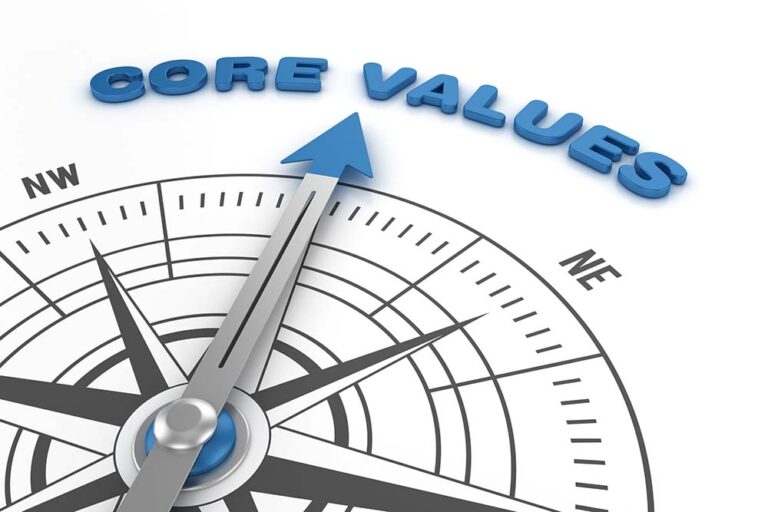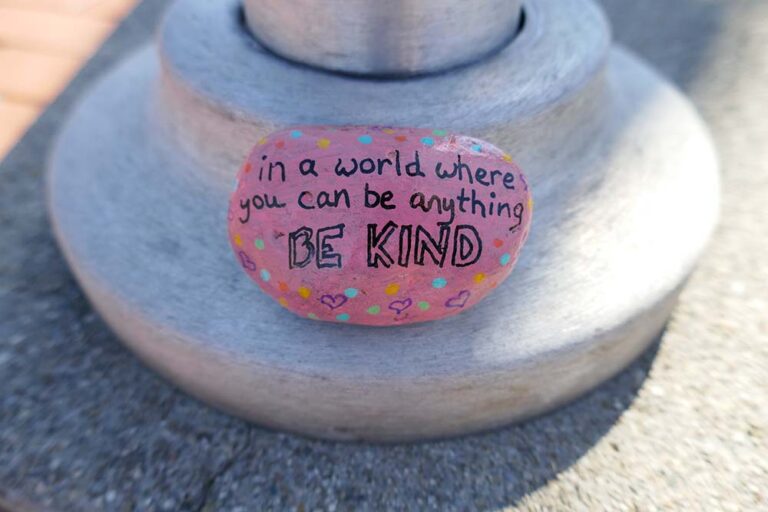In my DEI work with clients, I focus on the importance of Trust, Candor, Humility and Grace. For leaders to be effective and for employees to feel connected and valued within their organizations, these qualities need to become central aspects of culture. They should be actual, not theoretical practices
When a well-known public figure demonstrates all four of these traits, it captures my attention. And I want to share the example with those who can benefit from it most.
If you’re not familiar with Lizzo, she is an award-winning singer, rapper, songwriter, and classically trained flutist. She is also an outspoken champion for body positivity and self-empowerment with nearly 15 million followers on her social media channels. She has a lot to say, and a lot of listeners.
In June 2022, she released a song entitled “Grrrls” that used the word “spaz” to describe a loss of bodily control. Because the word is an abbreviated slang term for spastic diplegia, a form of cerebral palsy, it is considered a slur that negatively refers to those with that diagnosis.
Immediately, fans and disability activists called her out. When leaders face criticism about choices they’ve made, they are presented with an opportunity to show character and consideration. Sometimes decisions have an unintended impact and backlash is swift, like in this case with Lizzo’s word choice. Then, the issue often becomes less about the original offense and more about what a leader does to correct it.
Lizzo did not double down, tell anyone they were making a big deal out of nothing, or ignore the controversy. She apologized and changed the lyric. Post-song release, that was likely expensive to fix. But it was the right move. She released a statement on her Instagram account that included the following lines:
“It’s been brought to my attention that there is a harmful word in my new song GRRRLS. Let me make one thing clear: I never want to promote derogatory language. As a fat black woman in America, I’ve had many hurtful words used against me.”
She noted that the new version of the song would include a substituted lyric, and continued, “This is the result of me listening and taking action. As an influential artist, I’m dedicated to being part of the change I’ve been waiting to see in the world.”
The road of DEI is paved with opportunities to make unintentional mistakes. The path to grace and forgiveness can only happen when a person takes accountability and makes changes to their language and behavior.
Her response was succinct, well-worded, publicly given, and effectively turned a negative situation into an opportunity to build relationships and inclusivity. Let’s examine what she accomplished in what was essentially a paragraph.
- She acknowledged her ignorance. It’s all right to admit that you don’t know everything.
- She apologized immediately. She owned her actions and did not lay blame elsewhere.
- She didn’t minimize the feelings of those she offended. She recognized that she caused pain.
- She fixed her error. By substituting different wording, she made sure the offense would not continue in perpetuity.
- She re-released her song and went on with her work as an artist.
In short, she owned it. By tackling the issue head-on, Lizzo restored and gained the trust of her fans, and perhaps gained a few more, with her candor and humility.
Lizzo recognized what I try to awareness of in many leaders whom I coach. The road of DEI is paved with opportunities to make unintentional mistakes. The path to grace and forgiveness can only happen when a person takes accountability and makes changes to their language and behavior.
While a CEO’s audience may be considerably smaller than Lizzo’s, it’s still essential that a leader communicates effectively with all constituents, in a timely and transparent manner. What is the alternative?
On a coaching engagement a few years ago, I worked with a leader who was known for his ability to get things done, albeit with bruised feelings and damaged relationships along the way. His industry was known for having sharp elbows, but the culture was changing. I was engaged to help him develop better emotional intelligence or EQ. His executive sponsor felt that if he was able to engage with others in a different way, he could further his career.
The leader and I discussed an issue that he was having with one of his direct reports. During our talk, he admitted that he had made mistake with this direct report. He gave them extra work because he knew they were not married. Being single, from his vantage point, made the employee more available than others on his team to manage this additional work.
When it became clear that his judgments about who could do the work were flawed, he was unwilling to make necessary changes in his behavior. He did not acknowledge the mistake nor take ownership. He did not apologize to his direct report, who missed his niece’s graduation as a result of the leader’s assumptions and assignment. And lastly (perhaps more importantly) he did not recognize that this was not equitable treatment of his team members.
The incident reverberated throughout his team. This leader subsequently experienced higher than normal turnover among employees and missed meeting key business objectives because he couldn’t effectively leverage his team. He wasn’t willing to change his perspective and own his missteps. Rather than ascending in his career, he was derailed.
Own your mistakes and have humility. By doing this, you not only will be able to survive but also thrive in your role, with deeper trust, teammates who are willing to share with you, and a higher-performing team.
With Lizzo’s example, it is important to note that being part of one marginalized group does not excuse you from considering others. Lizzo noted that she had seen and heard her fair share of hurtful words as a “fat black woman.” But she was unaware that a word she chose for a song could cause hurt to disabled persons. It was unintentional. But in a business setting, we have many situations that would benefit from more intentional thinking about the words we use, the settings we place our colleagues in, and the expectations we have for our employees, who are each different with unique perspectives and abilities.
When we make mistakes, often it feels difficult to recover and continue. When we stumble entering a room and look around to see who caught that embarrassing moment, we may find that no one noticed. Phew! But when you are a leader who publicly makes an error, how do you continue leading? You publicly acknowledge and fix it.
Perhaps you believe you’ve lost the respect of direct reports or colleagues, or that stakeholders have less confidence in your abilities. Wallowing in uncertainty doesn’t help you move toward your goals. In coaching conversations with leaders who are recovering from missteps, I advise that they follow Lizzo’s example. Own your mistakes and have humility. By doing this, you not only will be able to survive but also thrive in your role, with deeper trust, teammates who are willing to share with you, and a higher-performing team. When you are able to acknowledge your flaws and move forward, your direct reports will take notice in a positive way. Those you lead will feel free to take initiative and stretch their skills without fear. They won’t spend time engaging in CYA activities but instead will be candid, and willing to surface small issues before they become larger ones.
We are all human. We all make mistakes. True leaders view errors as necessary, important growth moments that help us uncover flaws, update thinking, and pivot to create better results. Lizzo might like the new version of her song better than the first track. You may like version 2.0 (or 3.0 or 4.0) of yourself as a leader far better than the original, too.








